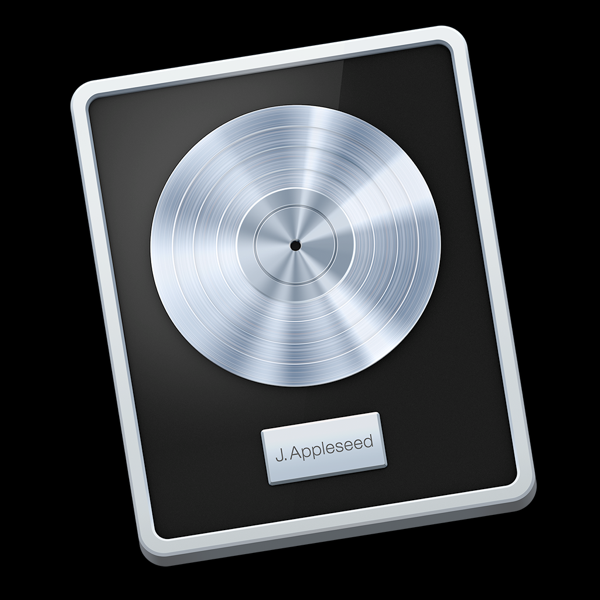
Pro Tools
Tailored for: Professionals operating within the domain of professional recording and audio engineering.
Rationale: Esteemed as the industry standard for recording and advanced mixing endeavors.
Strengths:Exemplary for recording and mixing processes.
Challenges:Pricing structure can be intricate, and supplementary hardware is obligatory.

Logic Pro
Ideal for: Apple enthusiasts seeking a versatile and user-intuitive digital audio workstation.
Basis:Distinguished by its copious selection of plugins and comprehensive music production functionalities.
Advantages:User-friendly interface and cost-effectiveness considering its feature set.
Limitations:Exclusivity to Apple platforms.

Steinberg Cubase Pro 12
Designed for:Proficiency in MIDI editing and audio production endeavors.
Rationale:Renowned for its robust MIDI capabilities and comprehensive audio manipulation functionalities.
Advantages:Versatility and compatibility with Windows-based systems.
Disadvantages: Commands a premium price point.

Ableton Live 11
Suited for: Innovative music composers, particularly in the realm of electronic music.
Rationale: Facilitates seamless experimentation with musical loops and sonic elements. Noteworthy for its proficiency in sampling and robust synthesis plugins.
Merits: Remarkable MIDI capabilities and an extensive array of high-caliber plugins.
Drawbacks: User interface may present complexities, and its suitability for advanced musical production is somewhat limited.

FL Studio 21
Tailored for: Beat composition, with a pronounced emphasis on hip-hop and electronic music genres.
Rationale:Facilitates a straightforward entry point for novices while providing a range of valuable built-in plugins.
Strengths: Superb step sequencing capabilities and a noteworthy commitment to providing lifelong software updates.
Limitations:Not optimally suited for intricate musical compositions, and it includes a relatively limited selection of pre-installed sounds
